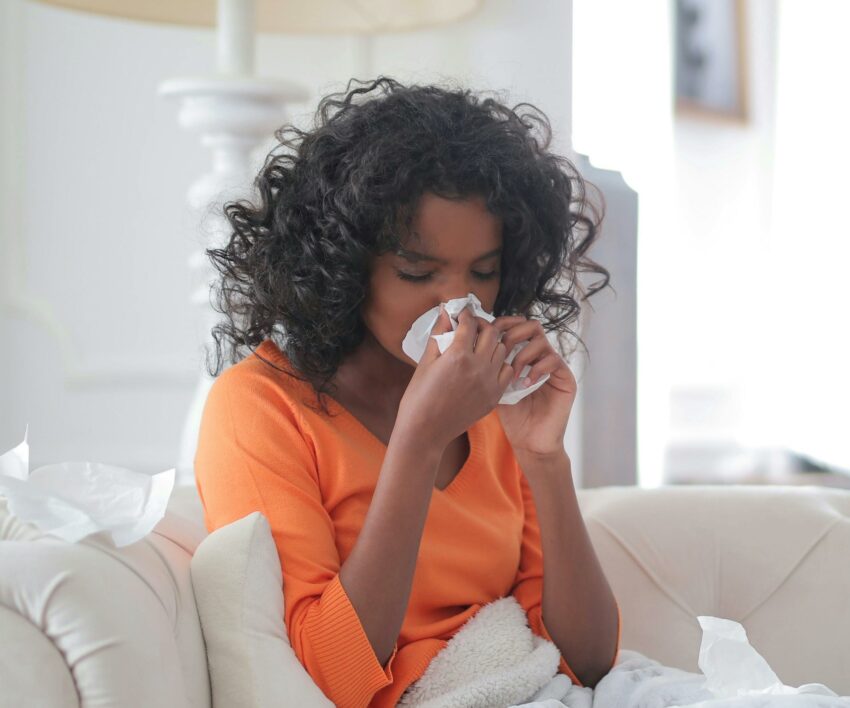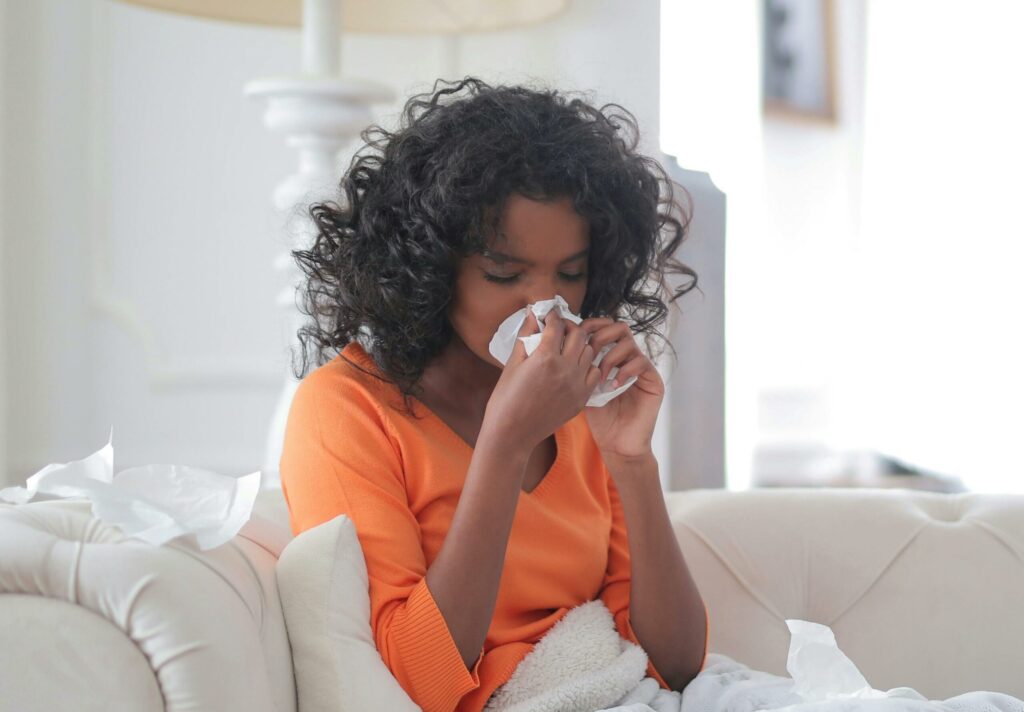
Picture: Pexels
Although Spring is a season synonymous with flowers budding and blooming trees, the excitement for the season is often overshadowed by the unending allergies that tend to plague people. Seasonal allergies, which are also referred to as hay fever are an allergic response causing itchy, watery eyes, sneezing and other similar symptoms.
This hay fever is often caused by the high counts of pollen that occur in weeds, plants and trees, and it is a miserable feeling. Before writing the entire season off, trying simple yet effective strategies to help lessen or alleviate symptoms of allergies could prove to be useful when wanting to enjoy the Spring to the fullest.
Firstly, it is important to educate oneself on what the symptoms of seasonal allergies look like, and according to health publication UC Davis Health, allergies can trigger the following symptoms:
- Runny nose and congestion
- Cough
- Itchy nose or throat
- Watery, itchy, and/or red eyes
- Sneezing
- Mucus that runs down the back of your throat
- Swollen and bruised-looking area under the eyes
- Tiredness, usually because of poor sleep due to nasal congestion
Being aware of how allergies physically manifest and finding the root cause of the allergies makes treating them that much easier. Here are a few methods recommended by health professionals to make use of when wanting to avoid allergies:
Reduce your exposure to allergy triggers
Mayo Clinic explains that during allergy season, the best time to go outside would be after a good rainfall, which assists in clearing the pollen. Furthermore, the publication discourages hanging laundry outside as pollen is known for sticking to clothes. This also means avoiding mowing the lawn or any activities that stir up allergens.
Keep indoor air clean
The publication mentioned above suggests the following to assist with keeping allergens out of the house, as there is no specific product designed for this function:
- Use air conditioning in your house and car.
- If you have forced air heating or air conditioning in your house, use high-efficiency filters and follow regular maintenance schedules.
- Keep indoor air dry with a dehumidifier.
- Use a portable high-efficiency particulate air (HEPA) filter in your bedroom.
- Clean floors often with a vacuum cleaner that has a HEPA filter
Protect yourself early on
WebMD suggests a ‘prevention is better than cure’ method as they believe taking the necessary medication at least a week before the change of season helps alleviate or avoid allergy symptoms altogether.
Get natural relief
According to the above-mentioned publication, although more research is still needed, there are herbal remedies that have shown promise to help with allergy symptoms. “Biminne, a Chinese herbal formula with ingredients like ginkgo biloba and Chinese skullcap, may also help. One study found that people who took biminne five times a day for 12 weeks still felt the benefits a year later.”
Know your allergies
Once your allergies do not respond to over-the-counter medication or any of the suggestions mentioned above, Piedmont highly suggests visiting your doctor for a simple blood or skin test which easily identifies what you’re specifically allergic to, making it easier to manage and treat. Enquiring your doctor about allergy shots might also prove to be helpful as “injecting tiny amounts of an allergen over some time, allergy shots help your body build up a tolerance to that allergen.”
Also see: Winter crops to grow in this wet season
This article was originally published by a www.bona.co.za . Read the Original article here. .


